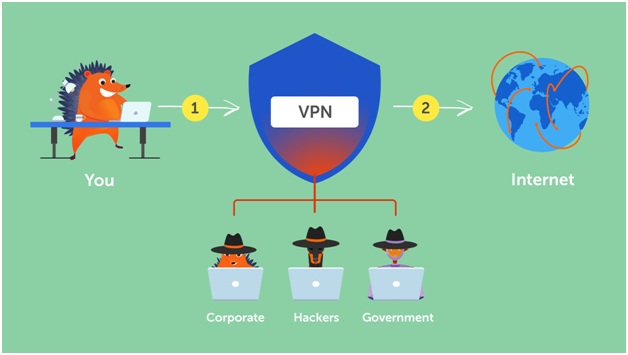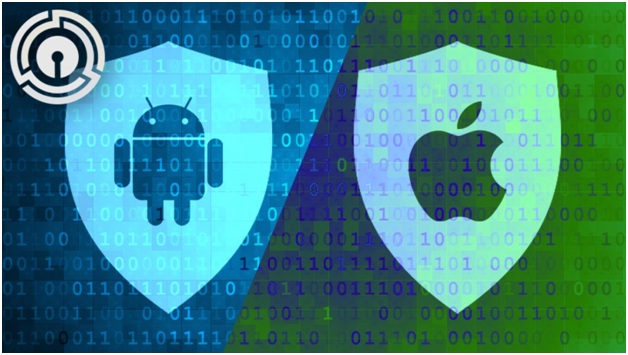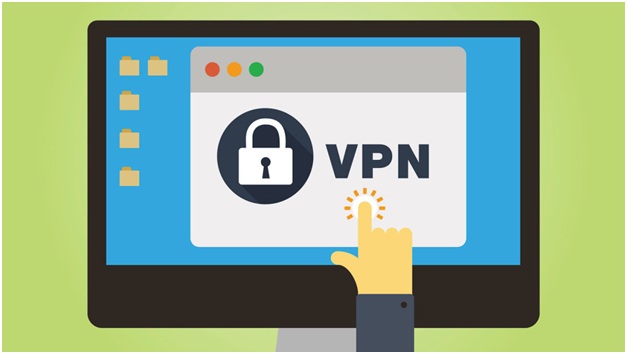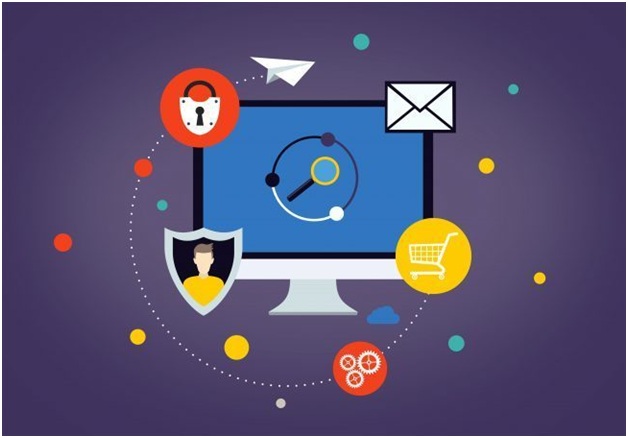Internet security is a big deal, and that is probably why you are here – you might be having questions on whether you are using a VPN that is safe for you, or whether your trusted service is giving away sensitive information about yourself. However, you also cannot avoid VPNs entirely: they have their place in internet security, shielding you from prying eyes and ensuring you remain as private as possible when accessing the internet.
When it comes to privacy issues though, many VPNs fail the test on reliability, unfortunately.
Numerous popular VPNs regularly leak your information to third parties, infect your device or computer with malware, steal your private information, install hidden tracking, steal your bandwidth, ad other unfortunate acts.
When choosing a VPN, for instance the best USA VPNs, it is very important to pa3y close attention to any warning signs you might notice when signing up and when using it. Even if they look good on the surface level, you might never really know the truth behind their operations – and it can be discouraging.
In order to ease your worry, we have noted a few warning signs to look out for when working with VPNs, and ensure you get the best experience possible without risk to your security.
Table of Contents
The warning list of VPNs

Countries on the 5-eyes list
When selecting a VPN, it is very important to check where they are based in. the laws of the land will determine the operations of a VPN service, so this is very important to check. If the service has its headquarters in countries with mass surveillance, they will need to hand over their data to the governments and law enforcement – and that is never a good idea if you want to bypass restrictions.
Regarding the 5 eyes, these are a group of countries that have formed an alliance and frequently work together to analyze, collect and share information from mass surveillance activities. These are Canada, the UK, Australia, the US, and New Zealand.
Any nation on the 14-Eyes list
These are similar to the 5-Eyes countries in terms of their objectives and methods of collecting information through mass surveillance. They are Denmark, France, Spain, Belgium, Norway, Germany, Italy, Sweden, and the Netherlands. In many instances, Israel is also on this list, as it has a close relationship with spying regimes and organizations such as the NSA.
Numerous VPN apps for iOS and Android

Unfortunately, you cannot just pick any VPN app that looks promising and has high reviews as your VPN app, as these have their own issues you should avoid as much as possible. A recent study on Android VPN apps revealed shocking results: 38% have malware issues, 82% will attempt to access sensitive information, 18% will fail to encrypt your information (which leaves you continuously exposed), 84% will leak your IP details, and 75% will use third-party tracking.
This is not a surprising finding though, especially when you know the risks of using these apps. Throughout the years, a variety of apps have shown to exhibit problems in both privacy and security, and this applies to iOS apps as well.
Before installing any VPN app, make sure to read up reviews on it and see whether the experts advocate its use. Otherwise, it will prove to be a trap for you and your online activities.
Fake VPNs
Thanks to the ever increasing interest in VPNs and their use, there are unfortunately a large number of fake VPN services that are coming on the scene. What is meant by ‘fake’ is that they lack VPN, software, and even servers – instead, they are just operated by unscrupulous people who are pretending to offer VPN services.
An instance would be MySafeVPN, which was scamming people into using their service and taking their money in payments.
Infected or malfunctioning VPNs

Another unfortunate incident is the proliferation of malware-infested VPNs or those that claim to offer services but malfunction frequently. These include apps such as:
- DNSet – the android app of this service has been identified in several academic papers as being ‘intrusive or malicious’.
- CrossVPN – according to a study of malware-infested VPN apps, this ended up as number 5 on the list. The various forms of malware that it had include spyware, Trojans, adware, risk ware, and malvertising.
- EasyVPN – this is another major culprit when it comes to malware, coming in at number 2 on the same study mentioned above. In fact, the app developer behind it was the same developer that made the ‘OK VPN’ app that was since removed from the Google Play Store due to malware.
- Flash Free VPN – this is a major culprit when it comes to embedding tracking aspects then selling the information to third-parties. This will ultimately affect your security and privacy.
- HMA – the problem with this app is that its headquarters are in the UK, which is a bad country when it comes to issues of mass surveillance and mandatory data retention. What makes the issue even worse is that this service has a long-standing tendency of turning over information of their users to law enforcement agencies, regardless of where they are from.
- Hotspot Shield VPN – an academic study identified this service as an active user of frames, which will track users for advertising reasons. Their source codes also showed that they frequently redirect users to e-commerce domains like eBay, and users also raise complaints about fraudulent activities when they purchase their paid service.
The ‘no-log’ VPNs

Many VPNs will claim that they are a no-logging service, even though a close examination of their privacy policies will state otherwise. Rather than using the word ‘log’, they might use words such as ‘collect’, ‘store’ or ‘keep’ – so you need to be careful when choosing a VPN for that reason.
Final thoughts
Reading through this list, you might feel discouraged about using any VPN for your protection – in fact, it is a better choice to forego the use of a VPN, instead of using a bad one. However, you do not need to let go of them entirely; it is always best to carefully read the conditions before signing up for one, and keep yourself updated on their features by testing them regularly.

